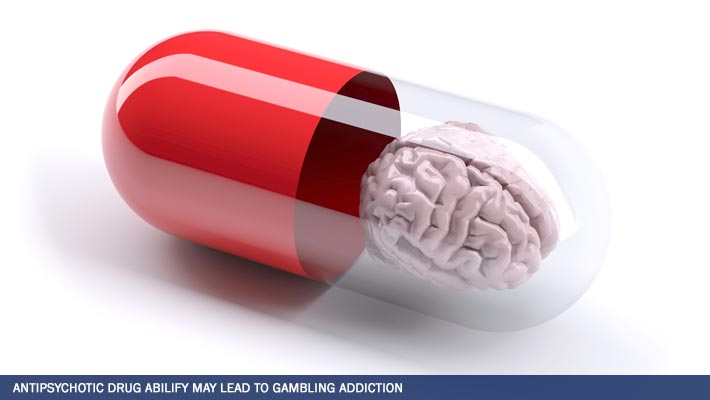
Lawsuits Over Antipsychotic Drug Abilify Aripiprazole. Parker Waichman LLP is investigating potential lawsuits over Abilify (aripiprazole), an antipsychotic medication used to treat mental disorders including schizophrenia, bipolar disorder, Tourette’s disorder, and irritability associated with autistic disorder. The U.S. Food and Drug Administration (FDA) has warned that Abilify, Abilify Maintena, Aristada, and generic aripiprazole may […]

Lawsuits Over Antipsychotic Drug Abilify Aripiprazole. Parker Waichman LLP is investigating potential lawsuits over Abilify (aripiprazole), an antipsychotic medication used to treat mental disorders including schizophrenia, bipolar disorder, Tourette’s disorder, and irritability associated with autistic disorder. The U.S. Food and Drug Administration (FDA) has warned that Abilify, Abilify Maintena, Aristada, and generic aripiprazole may be associated with uncontrollable urges to gamble, binge eat, shop, and have sex. The agency noted in its May 2016 “Safety Announcement” that, although the current label listed pathological gambling as a reported side effect, this information did not truly reflect the nature of the impulse-control problems identified by the FDA. Abilify users allege they were never fully warned about the risk of impulse-control problems.
If you or a loved one suffered from impulse-control problems after using Abilify, please call Parker Waichman today
In a May 3, 2016 Safety Announcement, the FDA warned that use of Abilify, Abilify Maintena, Aristada, and generic aripiprazole was linked to compulsive or uncontrollable urges to gamble, binge eat, shop, and have sex. According to the notification, these urges reportedly stopped once the patients stopped taking Abilify or when the dosage was lowered. The FDA warned that, although impulse-control problems associated with Abilify are rare, they may lead to serious problems.
The FDA noted that the current label, which lists pathological gambling as a reported side effect, did not accurately reflect the nature of impulse-control problems in Abilify users. Furthermore, the FDA stated that the drug was associated with compulsive behaviors other than gambling, including compulsive eating, shopping and sexual actions. These uncontrollable urges may affect anyone taking the drug. The FDA said it was updating the warning label to reflect current information regarding compulsive behaviors.
Abilify, which was the first aripiprazole product to be introduced, was approved in November 2002. Since that time, a total of 184 cases impulse-control problems were reported to the FDA’s Adverse Event Reporting Systems (FAERS). In the United States, there have been 167 reports of compulsive behavior; these cases included both adults and children. The vast majority of reported cases mentioned pathological gambling (164), but reports also included compulsive eating, spending or shopping, and sexual behavior. According to the FDA, roughly 1.6 million patients received an Abilify prescription during 2015. Since FAERS only includes reports submitted to the FDA, the number of reports may be an underestimation.
The FDA noted that, “In the majority of cases, patients with no prior history of the compulsive behaviors experienced uncontrollable urges only after starting aripiprazole treatment. Within days to weeks of reducing the dose or discontinuing aripiprazole, these uncontrollable urges stopped.” Abilify users allege they were not properly warned about the risk of compulsive behaviors. The FDA has also taken issue with the way in which the drug has been marketed. In April 2015, the agency issued a letter stating that promotional material was “false or misleading because it makes misleading claims and presentations about the drug.” The FDA indicated that the materials were “misleading because it implies that Abilify offers advantages over other currently approved treatments for bipolar disorder or MDD when this has not been demonstrated.” MDD is the abbreviation for major depressive disorder.
The personal injury attorneys at Parker Waichman LLP offer free, no-obligation case evaluations. For more information, fill out our online contact form or call 1-800-YOURLAWYER (1-800-968-7529).
Our attorney for Abilify lawsuits is here to help you when you need it the most.


